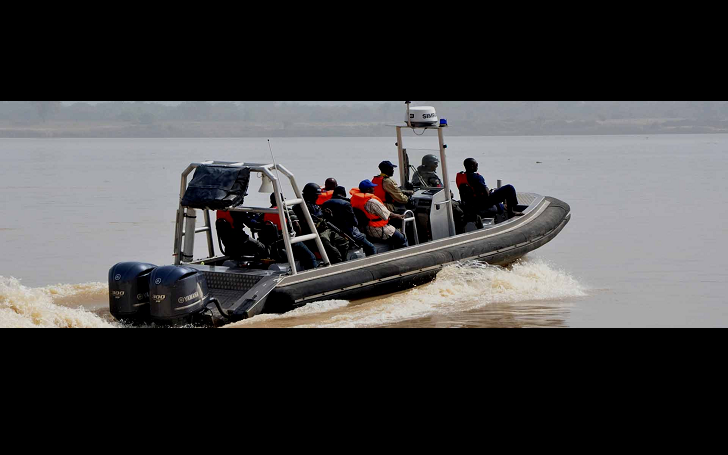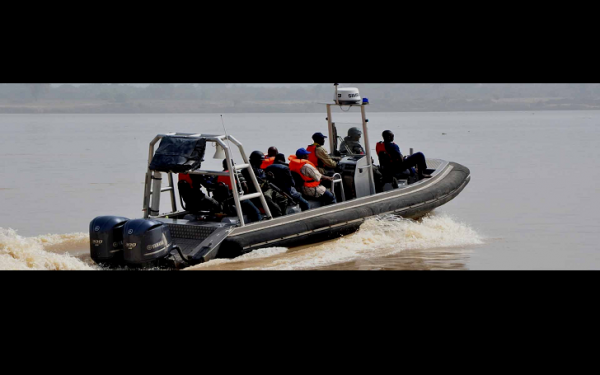Nigeria’s waterways altogether span an astounding 10,000 kilometres- the second longest in Africa. The National Inland Waterways Authority (NIWA) also says that about twenty-eight of the nation’s thirty-six states can be accessed through water. Neighbouring countries such as Benin Republic, Equatorial Guinea, Cameroon, Chad and Niger Republic can also be reached by water. Opportunities abound in the rise and fall of the running streams and gigantic rivers which crisscross the country, and they are being seized. But water transportation in Nigeria can be much better.
Most of the transportation that occurs in these parts happens on land, as is the case in most parts of the world. It is nevertheless quite clear that Nigeria desperately needs to take up other options. The roads in Lagos are clogged up on a daily basis by commuters, many of whom would have taken a much faster, less stressful route to their destinations if they knew about the options they had. Federal roads are at certain notorious points ‘blocked’ for the most part of an hour; if there were ferries plying possible interstate routes (connecting, for example, cities like Lagos, Warri and Port Harcourt) known to them, many of those who have to bear the discomfort of being stuck on in an uncertain gridlock would probably have gone for the swifter alternative. There’s a fear of using the unfamiliar channel too. Boat mishaps have been recorded, and the threat of piracy is real and ongoing, particularly in the Niger Delta and the North East. Despite these challenges, the waterways still present us with a means of transportation that could help to decongest our overused roads. After all, the number of recorded accidents on the roads by far exceeds the number of mishaps which occur on our waterways over any given period.
There is an increasing demand for boat services in some parts of the country, and commercial operators struggle to keep up with it. But there are other difficulties being faced by commercial transporters. The need for security cannot be overstressed. The Nigerian Maritime Administration and Safety Agency (NIMASA) has made statements about a “rejigging” of its working relationship with the Navy to ensure that the nation’s waterways are safe for navigation; the practical demonstration of that partnership or its intended positive effect remains to be seen. The regulation of water transportation is in need of improvement. Operators on existing routes are, in general, ill-equipped; many transporters even lack life jackets. Unsafe practices lead to needless loss of lives and property. While NIWA struggles to carry out its regulatory functions, a large expanse of the country’s waterways has been left untouched by its outstretched arms.
A boom in water transportation is possible if the government backs up its stated intentions for the sub-sector with positive action. Nigerians may also do well to put their fears aside and try out the speedboats and ferries if they haven’t done so recently. They may find that they are able to save time and money by using these as an alternative to rickety buses on congested roads. Tourism will be boosted if the enabling environment is created for leisure cruise services to exist and thrive. The government will also record a rise in its revenue. And we will all be happier.


